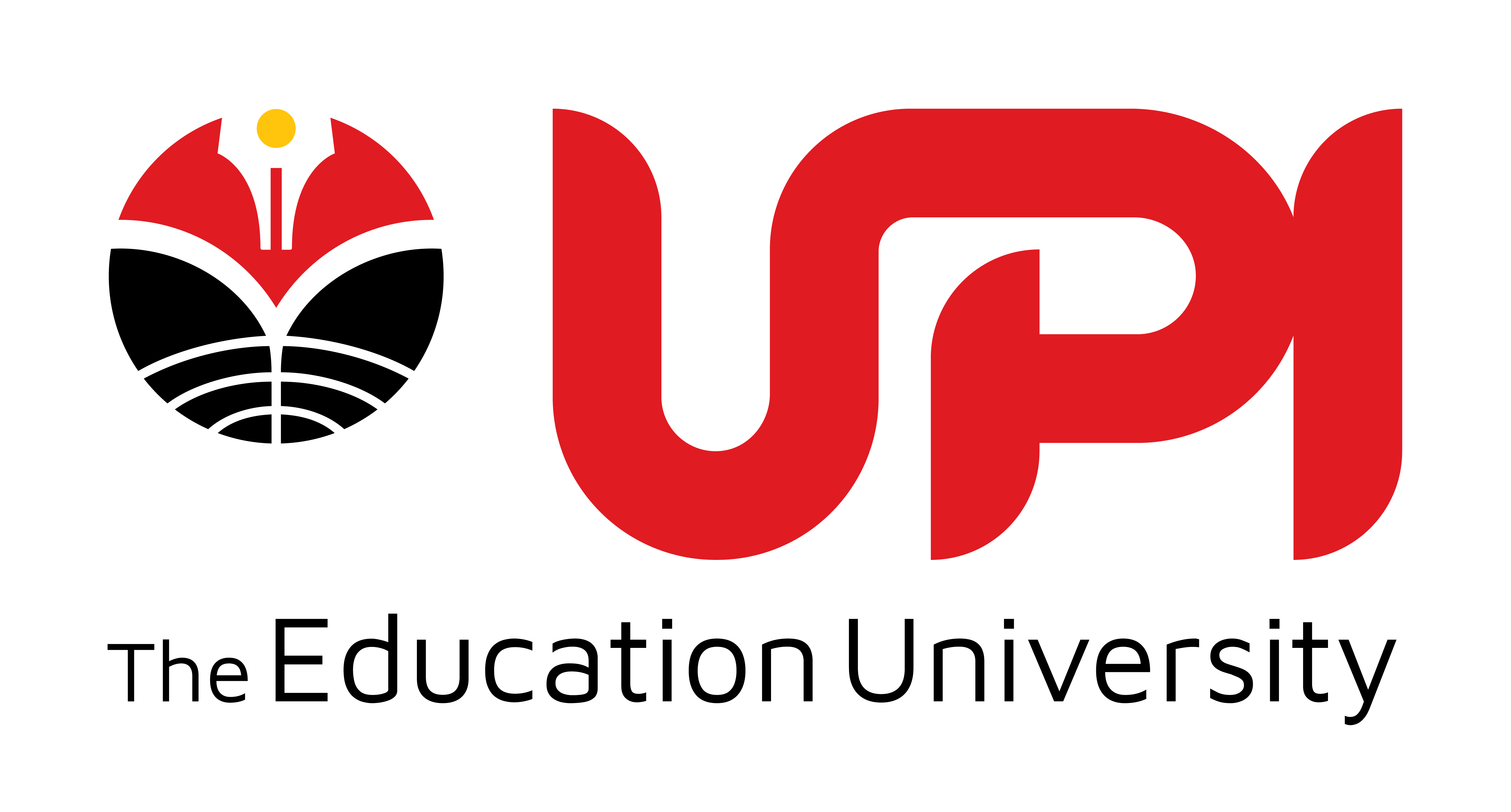The number of students who are interested in and enter History Education is quite high. History education is relatively high. The level of competition in the SBMPTN, 1: 11, and the number of students accepted each year is relatively fixed, namely 90-100 students. History Education Study Program is one of the oldest study programs in FPIPS. In the last three years (2020-2018), it has had an average of 97 regular students. The reduction from the optimal capacity is caused by prospective students resigning early on. However, there are still no international students studying in the History Education Study Program.
